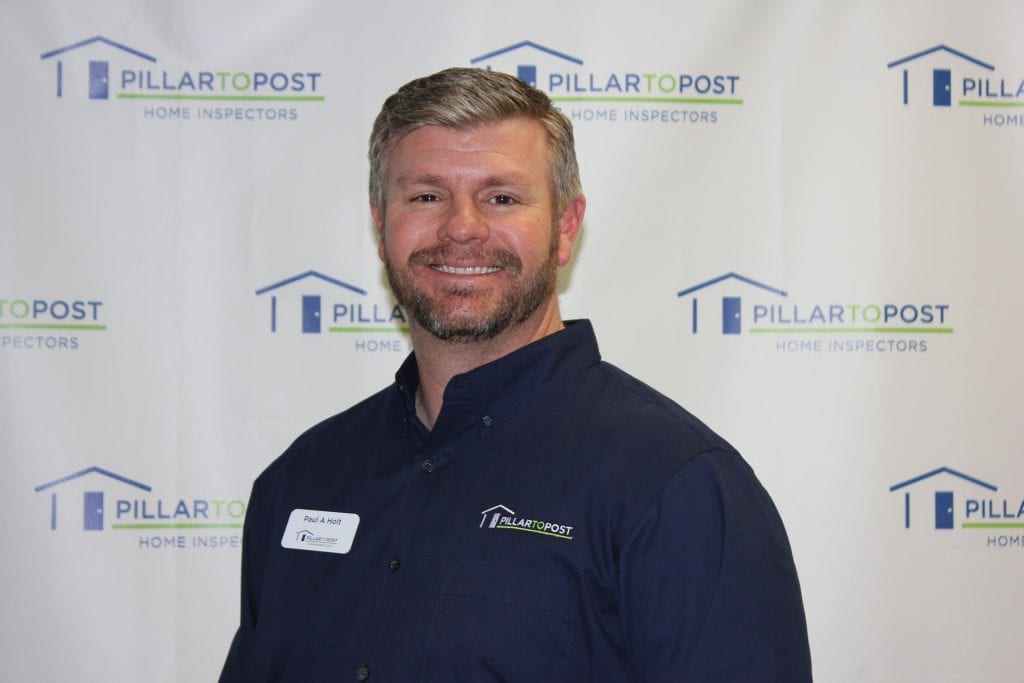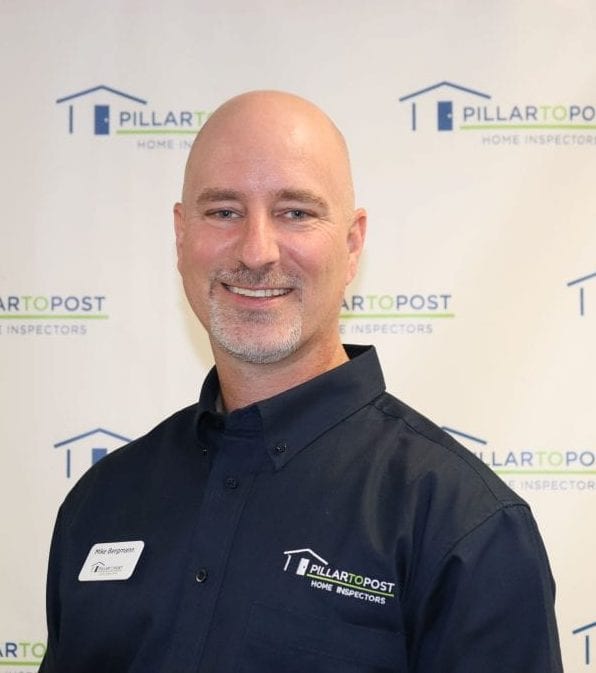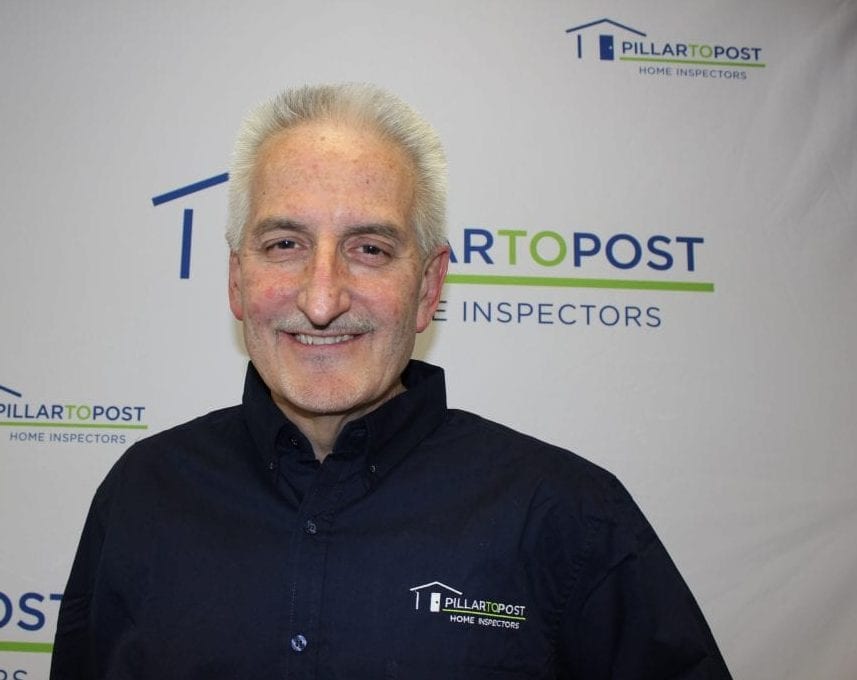-
Send us a message:
CONTACT US -
Give us a call:
800-294-5591

Pillar To Post at your fingertips.
Tap the 
Mold presents a risk to people and pets and destroys building materials. Mold testing from a vetted mold inspection service is extremely recommended before buying a house in your areaNC. Retaining a mold inspection while selling your house can also provide transparency and hasten the closing process.
Pillar To Post™ Home Inspectors are nationally acknowledged as the leading home inspection service recommended by millions of homeowners, soon-to-be homebuyers, and real estate professionals. Protect your family and your possessions by contacting us when searching for mold inspection near me.
Mold is a kind of fungus that grows in warm and damp environments, and is commonly found inside houses with abundant moisture. It can present in a range of colors, from black and green to white and orange, and flourishes in spaces with high humidity, water leaks, and poor airflow. It can grow on various surfaces, like walls, ceilings, floors, carpets, and even clothing. A mold inspector will typically inspect for signs of leaks and moisture in a house to find the likeliest catalyst for any mold growth.
While most kinds of mold are benign, others can cause health issues, especially for individuals who are immuno-compromised. People with allergies, asthma, or weakened immune systems have been known to experience symptoms such as nasal congestion, coughing, difficulty breathing, and skin irritation. Pets can also be affected by mold, experiencing symptoms such as respiratory distress, vomiting, and diarrhea. Black mold is of specific concern in your areaNC and an important component of an expert mold inspection will be identifying the species present to understand the risk and develop a plan for mitigation.
It’s ok if you worry about the well-being of yourself or your family and ask questions relating to the impact of mold exposure. One question our mold inspectors are often asked is if they're able to test an individual for mold exposure? We are not able to offer that as a part of our mold inspection service, but there are a variety of ways it can be performed by your doctor, including skin, blood, and urine examinations.
While mold may not always present an outsized risk to the health of most people, it’s particularly harmful for many common construction materials found inside of homes. Mold spores infest and feed on cellulose-based materials and deteriorate them over time. Examples of cellulose or plant-based components found inside of houses include:
Competent mold testing is beneficial for homeowners, prospective purchasers, and sellers because of the insights it generates about the risk this fungus poses to the stability of a home. A mold inspector from Pillar To Post™ will detect the presence of mold, ascertain the type, and provide recommendations for its remediation. For present homeowners or future buyers and sellers, professional mold inspection will help to guarantee a safe and healthy living environment and can minimize further costly remediation efforts down the line. Mold testing is highly recommended as an essential tool in maintaining a safe and healthy home environment.
A professional mold inspection service is your best resource to understand the extent of mold infestation and devise a remediation plan going forward. Mold testing at Pillar To Post™ comes with the benefit of the finest technology and techniques in the business for added peace of mind. The manner in which your mold inspector carries out testing may vary from house to house, but will generally involve the following:
You can implement a few simple steps to assist your mold inspector in conducting a comprehensive and complete home inspection. Activities not to do include preparing food, smoking, using chemical cleaners, or employing air filtration systems to prevent interfering with air measurements that your mold inspector may obtain.
You should make sure of unobstructed access to spaces that your mold inspector will need to access by removing clutter and hindrances that might hinder the examination. Furthermore, provide pertinent details about any previous water incidents or plumbing issues within the home. It's also useful to record locations of concern with pictures or notes to assist in prospective cleanup measures.
Communicate with your nearby Pillar To Post™ prior to your mold inspection service appointment to get further details on how to ensure a precise inspection.
Mold is a rapidly growing fungus that feeds on numerous construction materials and household possessions. permitting mold growth to escalate can result in significant damages that may necessitate considerable financial resources to fix. The fungus also poses a possible health hazard to at-risk individuals and pets. A thorough mold inspection is your best resource for identifying the root cause of the problem and formulating a strategy for cleanup. If you're seeking a mold inspection near me in your areaNC, Pillar To Post™ is the most dependable due to our cutting-edge technology and vast expertise. Schedule a date for our mold inspection services today to obtain the information required for informed decision-making and protecting your assets and loved ones.

















